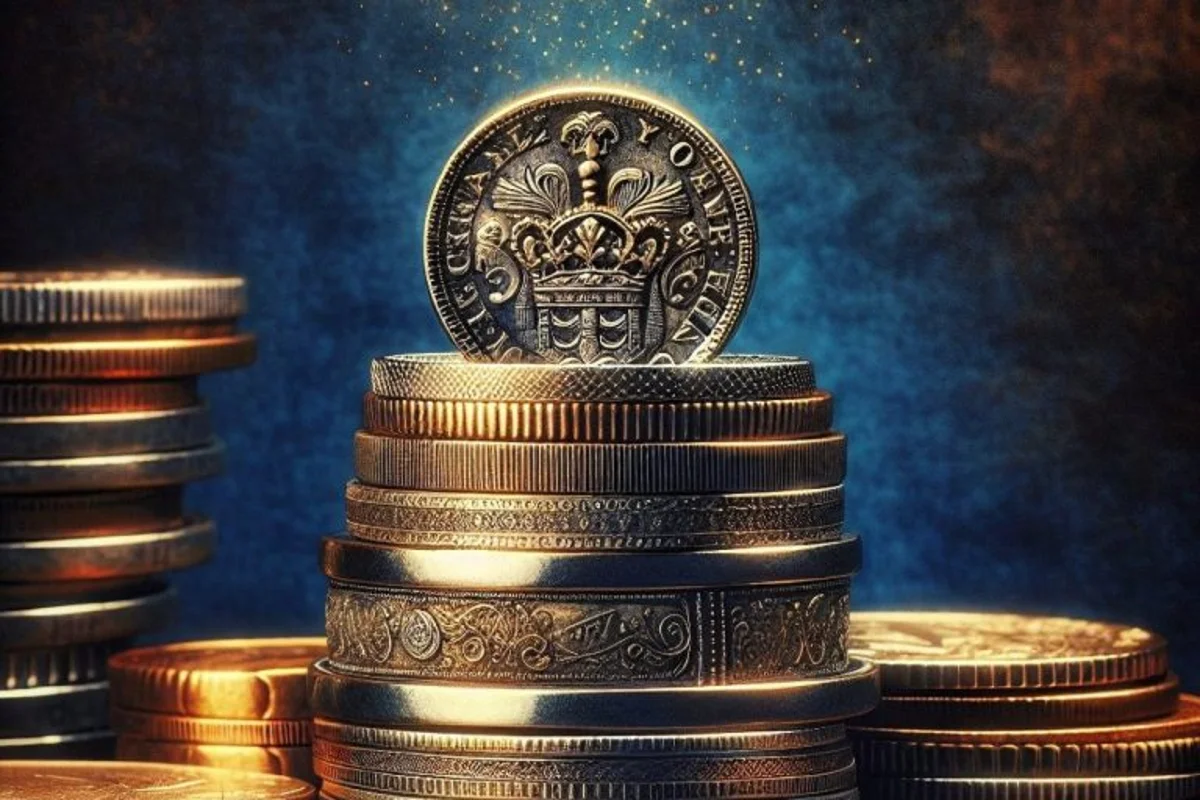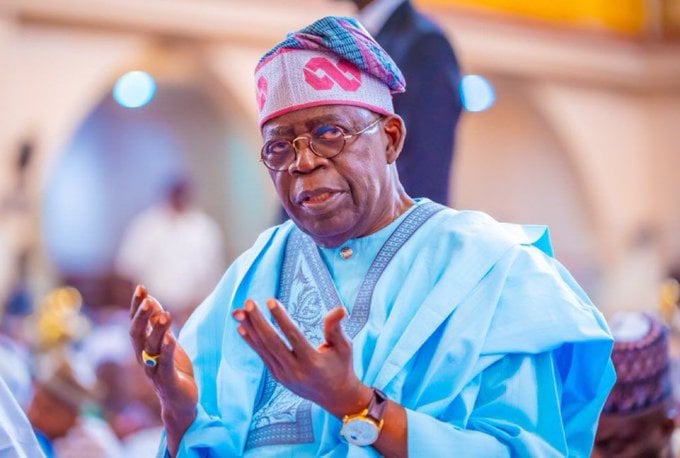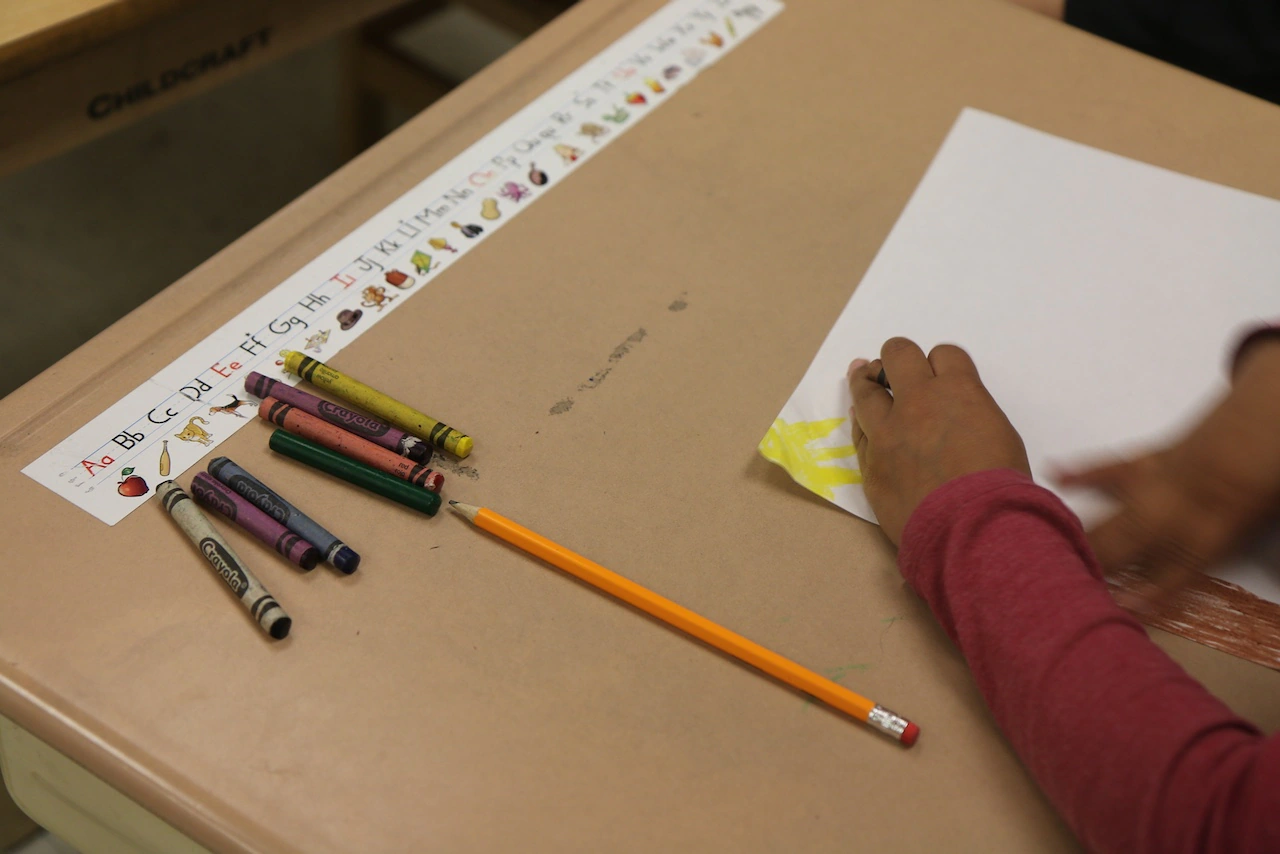Copyright benzinga

Coin collecting can feel like stepping into a glittering treasure hunt where history meets opportunity. Beyond the charm of owning tiny artifacts from distant eras, many collectors are drawn by the potential for impressive long-term returns. Rare coins often increase in value as their scarcity grows, and precious metal compositions can add an extra investment boost. Yet coin collecting isn’t just about profit; it’s a passion-driven pursuit shaped by curiosity, craftsmanship, and the joy of discovery. Whether you’re in it for wealth, wonder, or a bit of both, exploring coins as an investment invites you into a world where every piece has a story and every collection holds possibilities. Why are Coins Valuable? Coins get their value in two ways: bullion value – the metal a coin contains, such as gold or silver – and numismatic or collector’s value, which arises from its rarity and condition. The bullion value of a coin is much easier to calculate than its numismatic value – simply multiply the coin's weight (typically in ounces) by the spot market price of the metal it contains. Numismatic value is more subjective, based on collectors' tastes and sentiments. In general, older coins with limited minting draw a higher price. The better the condition of the coin, the higher the price. Some especially rare coins are worth millions of dollars. Coin Collecting for Beginners While the U.S. Mint says it’s easy to begin collecting coins, it’s not a pastime to jump into without understanding the basic terminology and what you’re looking for. Research and self-education play a big role in understanding coin quality, value, and rarity, and in becoming a successful coin-collecting hobbyist or investor. The first step is to find your niche. You might collect a particular historical figure, artist, country, period, or denomination. Pick a theme and let it guide your collection. Carefully examine the coins you review for purchase to become an expert and start small. Even a modest collection can be valuable. Large purchases will come in time as you gain experience. There are many ways to start collecting. Search online, join a coin-collecting club, or visit your local coin dealer. You can learn a lot by asking questions about other collectors, especially when looking for reputable dealers. All investments carry risks, and there are no guarantees with coin collecting, as it’s not regulated. You should rely on reputable collectors and dealers until you gain enough experience to protect yourself. Which Coins Should You Collect? The types of coins you start with will depend on your financial situation. Some more popular choices can give a great start to your collection and provide a hedge against inflation. Coins produced by the U.S. Mint that are popular among collectors and investors include the American Gold Eagle and the American Gold Buffalo. Staying in North America, there’s also the Canadian Gold Maple Leaf from the Royal Canadian Mint. You can also drop south of the border with the Silver Mexican Onza or to other continents for prizes like the South African Gold Krugerrand or the Chinese Gold Panda. Whichever coins you choose to start your collection, it’s important to treat them like any other asset in your portfolio: consider whether they align with your overall investing goals. Pros and Cons of Collecting Coins If you’re new to coin collecting, you’ll find a lot of positives in the hobby. However, there are also a few distinct disadvantages. Here are the pros and cons of collecting coins as an investment: Hedges against inflationHas a store of valueSpreads risks across different assetsProvides a tangible assetMostly uncorrelated with traditional assets Price fluctuations can impact valueHard to properly assess growth without experienceRequires time and effortCoins can cost thousands of dollarsPotential for fraud in an unregulated market Self-education is key to successfully navigating the world of collectible coins as an investment. Where to Buy Valuable Coins If you’re ready to become a coin collector, consider looking for your first coins in the following places: How to Store Coins You must maintain your coins' condition (and, therefore, their value). Damage can occur in many ways, including wiping coins, handling them too much, or breathing on them. If possible, buy coins and coin sets in their original cases or capsules. You can purchase sets from mints in plastic cases specially designed to protect the coins. You can also buy single coins in capsules nested inside a folder or box. Alternatively, you can stock up on small cardboard or plastic holders, tubes, sleeves, or albums. Avoid using cardboard that contains acid or plastic with polyvinyl chloride (PVC) for storage, as these substances can damage your coins. When handling your coins, wear soft cotton gloves, keep the edges of the coin between your forefinger and thumb, and hold your coins over a soft cloth or pad in case you drop them. Resist the temptation to polish your coins – you could damage the surface. If you need to wash off dirt, use mild soap and water, and pat your coins dry with a soft cloth. Avoid rubbing. Once they’re in the proper casing, store your coins somewhere cool, dark, and dry to minimize changes in temperature and humidity. To keep your collection secure, consider taking out a bank safety deposit box or storing your coins in a safe at home. Start Your Coin Collection Today Now that you know more about coin collecting as an investment, you might be ready to try it. Interesting and having fun are important aspects of coin collecting, but so is educating yourself and gaining experience before diving in too deep. Once you’ve done your homework, you can find your niche for collecting and begin diversifying your investment portfolio with coins. Frequently Asked Questions



